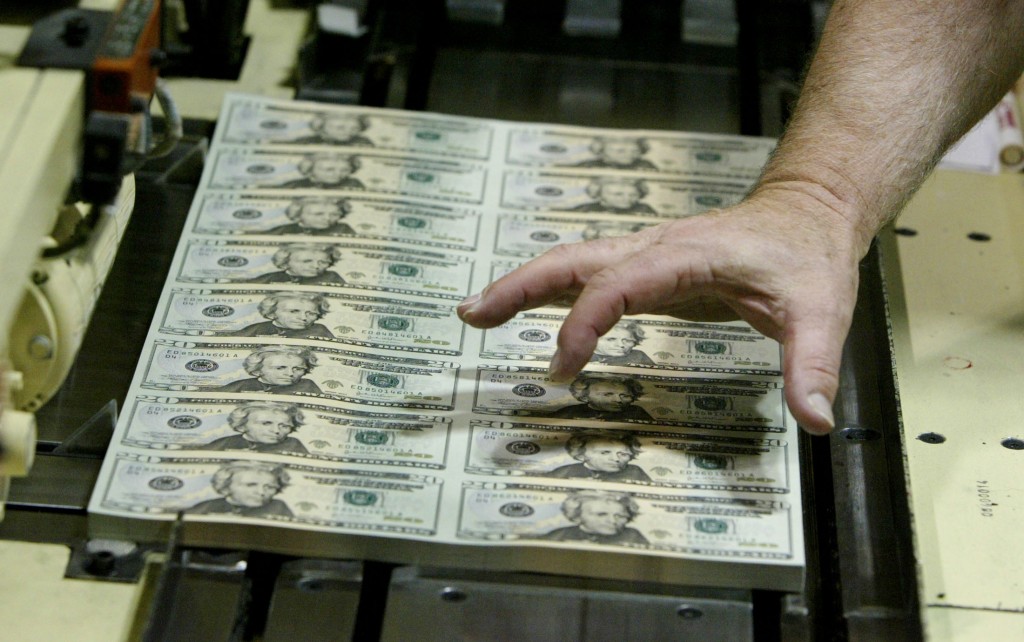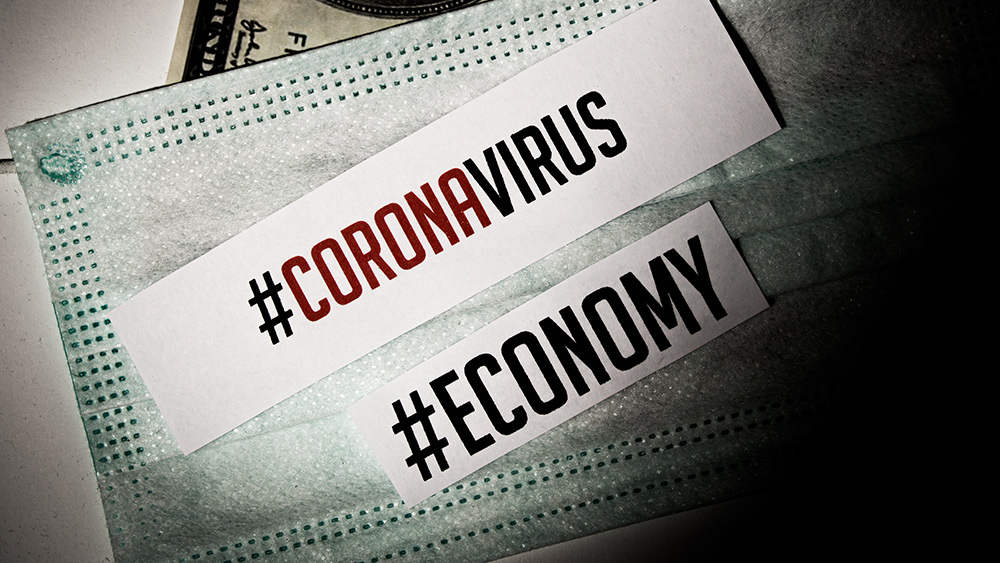
As the labor market continues to improve and the summer coronavirus surge recedes, American consumers are growing more optimistic about the state of the U.S. economy. This is according to recent surveys conducted in September.
The surveys were conducted by the Conference Board, a non-profit private research group that counts over 1,000 public and private corporations as members, encompassing 60 countries. The survey responses were collected from Sept. 1 to 18.
The Conference Board said that its index of consumer confidence surged to 101.8 in September, from 86.3 in August. The increase – the biggest since April 2003 – reversed two months of decline and brought the index to its highest level since the coronavirus hit in March.
Consumer confidence at highest levels since pandemic hit
Increased consumer confidence seems to reflect improvements in the labor market. The number of respondents in the survey who said that jobs were “plentiful” rose to 33.9 percent in September, up from 21.4 percent in August and just 15.5 percent in May.
In August, the nation's unemployment rate went down to 8.4 percent from 10.2 percent in July. For September, economists are expecting continued and less dramatic improvement. Those interviewed by The Wall Street Journal expect a payrolls gain of 800,000 in September, bringing the unemployment rate to 8.2 percent. (Related: As extra unemployment benefits run out, laid-off workers scramble to look for jobs amid coronavirus pandemic.)
Coronavirus trends also likely play a factor in increased consumer confidence. Barclays U.S. economist Pooja Sriram noted that the steady drop in confidence in July and August accompanied surges in Florida, California and other populous states.
“With the rise of COVID cases in the summer, worries about whether we’re headed for another period of shutdown orders may have been weighing on consumers’ views in August,” she said. “The labor market has seen steady improvement. There’s a long way to go but there’s been a fairly consistent contribution to payrolls each month.”
Other indexes also recorded an improvement in consumer sentiment. The University of Michigan’s (UMich) own index of consumer sentiment, released Sept. 18, showed a similar, if slightly less dramatic increase, climbing to 78.9 for the first half of September. As with the Conference Board’s study, this was also the highest level recorded by UMich's index since March. The university is set to publish its final reading for September on Friday, Oct. 2.
The increase in consumer confidence was not seen in all regions, however. While confidence was booming in New England and the Pacific in September, it actually slipped in the West North Central region. This includes states such as the Dakotas, Iowa, Minnesota and Missouri – states that have suffered surges in coronavirus caseloads in the past month.
Confidence still below pre-pandemic levels
Despite the surge in consumer confidence, levels remain below what they were before the coronavirus pandemic hit the country. The Conference Board index sat at 132.6 in February before the coronavirus pandemic caused it to plunge to 86 in April and May.
“Consumer Confidence increased sharply in September, after back-to-back monthly declines, but remains below pre-pandemic levels,” stated Lynn Franco, senior director of economic indicators at The Conference Board. “A more favorable view of current business and labor market conditions, coupled with renewed optimism about the short-term outlook, helped spur this month's rebound in confidence.”
In September, the percentage of consumers who said that they feel that business conditions are good right now rose to 18.3 percent. That said, 37.4 percent – more than double those who feel that conditions are good – believe that conditions are bad.
Even as confidence levels remain below pre-pandemic levels, respondents remained confident about the short-term future. Around 37.1 percent of respondents to the Conference Board survey said that they believe that business conditions will improve in the next six months versus 15.8 percent who think things will get worse.
In addition, a similar number believe that the labor market will also get better during the same time period.
For more on the economic impact of the Wuhan coronavirus, follow Pandemic.news.
Sources include:
Please contact us for more information.

















